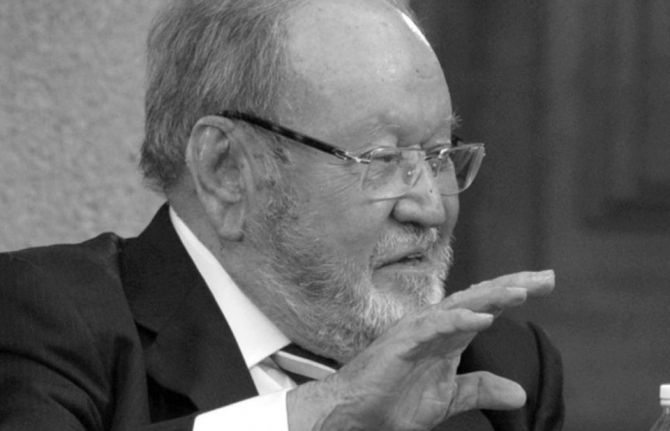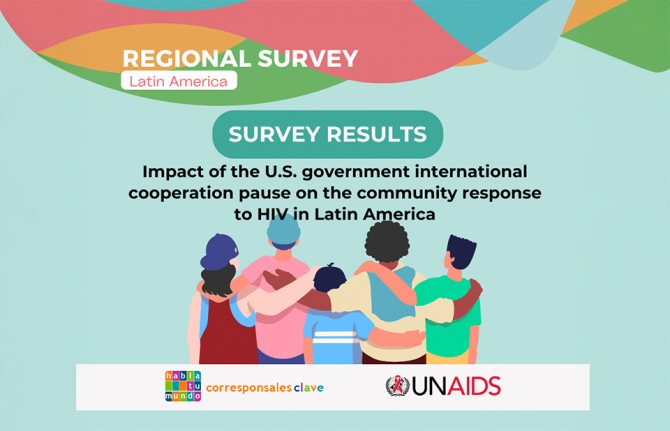

Feature Story
UNAIDS saddened by the death of Guillermo Soberon
14 October 2020
14 October 2020 14 October 2020UNAIDS is saddened by the death of Guillermo Soberon Acevedo on 12 October at the age of 94 years. He leaves behind a long list of accomplishments in his home country, Mexico, in the education and health sectors. He was the architect of modern public health in Mexico and served as the Rector of Mexico’s National University through difficult times, from 1973 to 1981.
Under his leadership as the Minister of Health from 1982 to 1988 he secured the constitutional right to health for all Mexicans and created the National Institute of Respiratory Diseases, which has become today vital for people with the new coronavirus. He also established the National Institute of Public Health and created around 800 health centres and general hospitals.
Dr Soberon led the AIDS response in Mexico in the early 1980s from the Ministry of Health and started public debates on prevention campaigns that included the use of the word “condom”, proudly confronting fundamentalist groups in the country. He is also known for spearheading Mexico’s health response to the 1985 earthquake.
When he led the National Bioethics Commission from 2004 to 2009 his work included the right to health and the role of homophobia in limiting effective health responses.
He was a great friend of UNAIDS. His vision to host the SIDALAC initiative, funded by the World Bank, which became a UNAIDS collaborative regional project as soon as the Joint Programme started to operate, allowed the flourishing of a programme that contributed to strengthening the AIDS response throughout Latin America and the Caribbean. He was also a member of the UNAIDS Human Rights Committee at the beginning of its operation.


